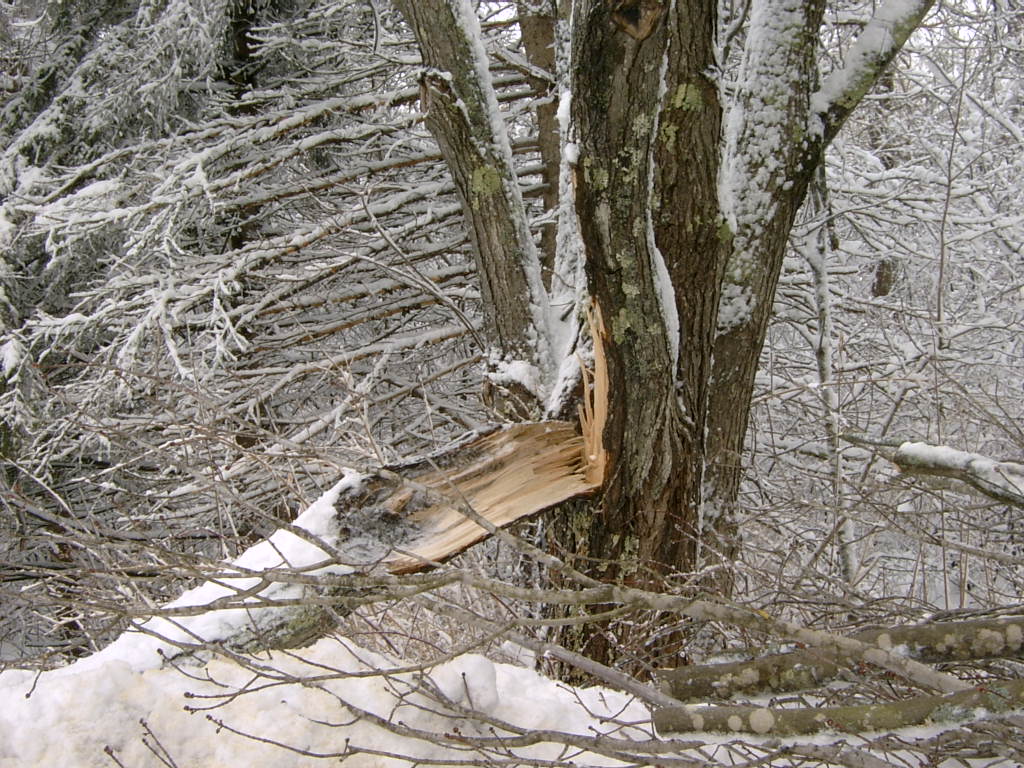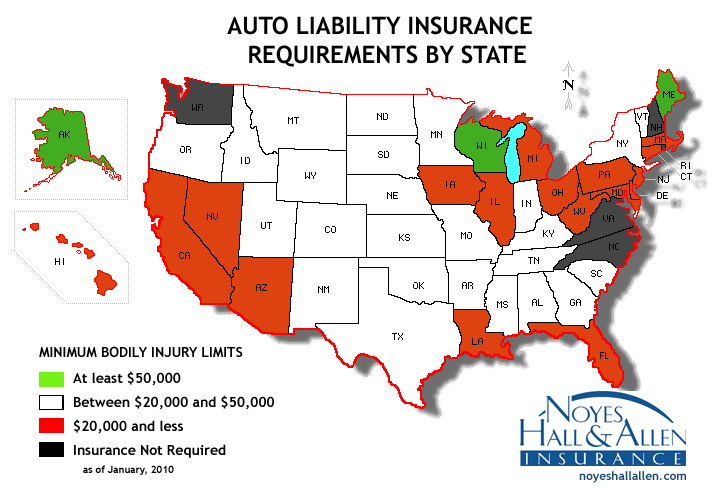We’ve been very busy today with calls from clients who suffered damage in yesterday’s wild storm – and there’s more weather on the way this weekend. Most calls have concerned fallen tree limbs, which can be some of the trickiest claims to advise insureds about. Here’s why.
3 Sources of Insurance Coverage for Tree Damage
- Homeowners property coverage;
- Homeowners liability coverage;
- Your car insurance.
3 Types of Financial Loss for Tree Damage
- The cost to cut up and haul away the limb;
- The cost to repair damage to your property;
- The cost to repair damage to your neighbor’s property caused by your tree.
You can see how this might get complicated pretty quickly. But there’s more.
How Common Insurance Policies Respond to Tree Damage
- Most property policies pay for YOUR damage if the tree or limb damages your building or structure. They also pay to remove the offending tree or limb from the damaged property (“chop and drop” coverage).
- Most property policies do NOT pay to remove a tree or limb that doesn’t damage anything else. There are exceptions to this rule, depending on which company you’re insured with, and which optional coverages you bought.
- Liability coverage pays for your “legal liability” for damage to someone else’s property. You have to be considered “negligent” for coverage to apply. Just because it was your tree that fell on your neighbor’s fence, that doesn’t mean you did anything wrong. Liability could depend on the condition of the tree before the storm, among other factors.
Put all of these factors together, and you can understand why there’s no quick answer to “am I (or my neighbor) covered when a tree falls in my yard”. Your best bet is to call your agent, and get their opinion of your unique situation.
What to Do if a Fallen Tree Damages Your Property
While every situation’s different, these should apply to most.
- Take photos of the damage or the fallen tree or limb.
- Take immediate steps to protect your property from additional damage.
- Make arrangements to have the tree removed. No need to wait for an adjuster to see it.
- Remember, there’s a difference between the law and being a good neighbor.
If you’re not legally responsible, and your liability doesn’t cover their damage, their homeowners policy will probably cover it. But, they’ll have to pay their property deductible. In the interest of maintaining good relations, you and your neighbor may want to talk about cost sharing.
Good luck weathering the storm!





